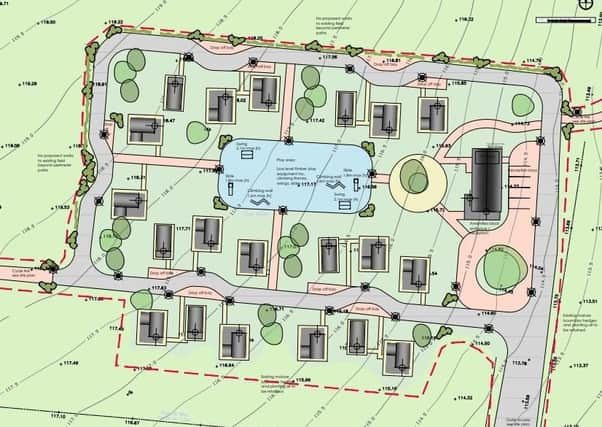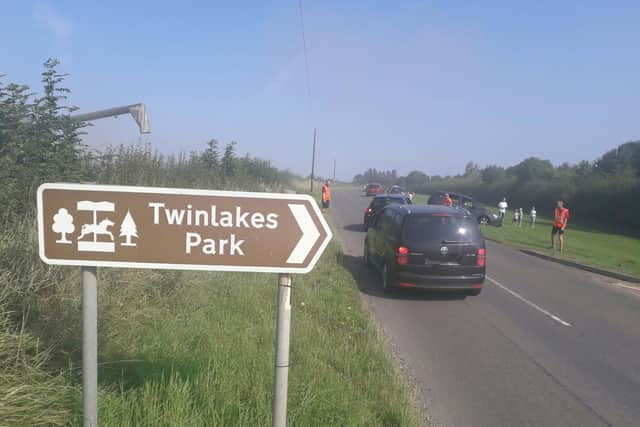Plans approved for glamping park to be built at Twinlakes


Planning permission has been given for 20 bespoke pods to built in a woodland area of the 100-acre park site.
They will each include a lounge, kitchenette, wet room, sleeping areas and a terrace and those who stay in them will get access to an amenities hub housing a reception area, a shop, a meeting space and a secure bike store.
Advertisement
Advertisement
RIBA Chartered HSSP Architects, who are based at the Pera Business Park in Melton have been commissioned to design the new glamping offering, which will complement other new features at the park including cycle path links and play areas.


The company say timber or timber effect materials will be used for the external façades of the pods and amenities hub to blend in with the landscape. A sedum roof will be incorporated to the amenities offering to further support biodiversity and promote sustainability.
The glamping site will be well screened by mature trees and foliage and enhanced with extra planting and a new central green space. T
The design also makes the area around the pods a car free zone, with parking limited to the main site car park.
Advertisement
Advertisement
Nick Cooper, of HSSP, said: “We are absolutely delighted that Melton Borough Council have granted planning permission for the project.
“They have appreciated this will support Twinlakes and local businesses to flourish, and in turn will have a positive impact on the local economy, all whilst keeping the appearance of the countryside intact.”